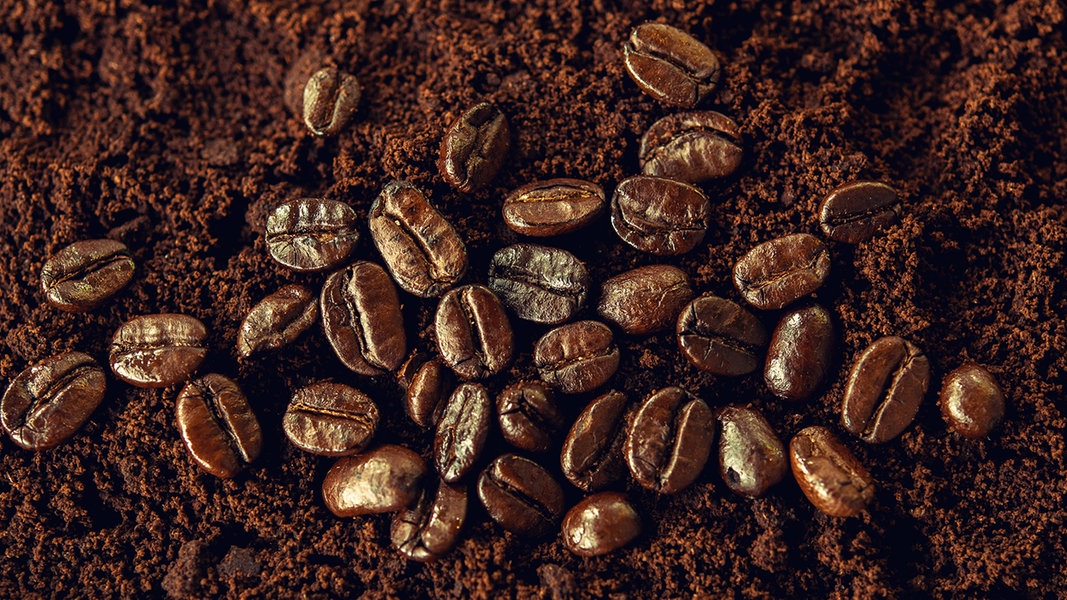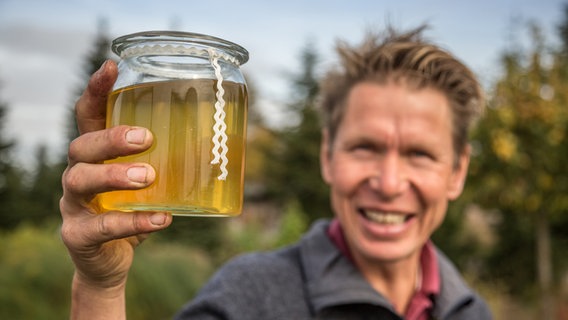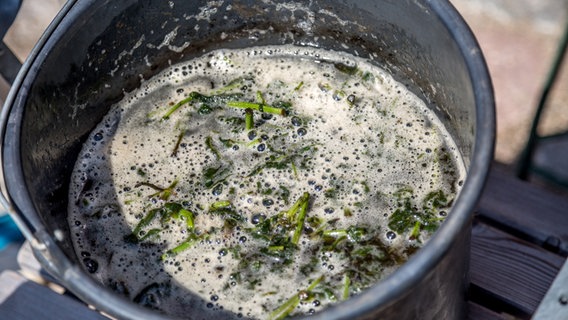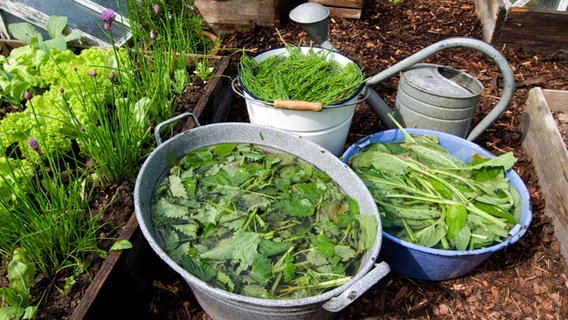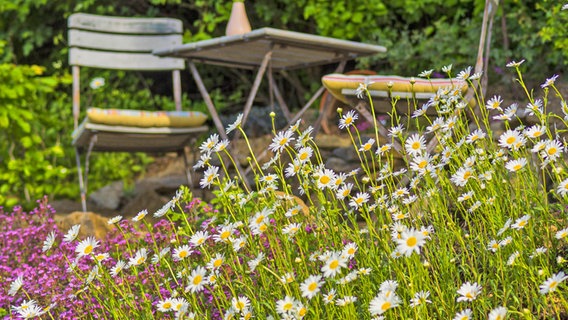Status: 03/15/2023 5:10 p.m
Coffee grounds are an ideal fertilizer in the garden and also improve depleted potting soil and compost. The all-round talent can also help against snails.
Coffee grounds are a regular occurrence, but mostly end up in the garbage. It can be used in the garden above all as a fertilizer, because it contains a lot of valuable ingredients such as potassium, nitrogen, phosphorus, tannic acid and antioxidants. These are nutrients that are also found in commercial fertilizer products.
Allow to dry before use
The basic requirement for use is that it is always well cooled and dry, as moist coffee grounds easily mold. To do this, place the coffee grounds in an open, wide container and allow them to air dry.
Fertilize with coffee grounds
Rhododendron is happy about the gift of coffee grounds.
Coffee grounds have a low pH value and are therefore particularly suitable for fertilizing plants that are acidic need garden soil. Examples of ornamental plants include Hydrangeas, rhododendrons, lilies, peonies and camellias. Coffee grounds fertilizer is also suitable for crops such as cucumber, Tomato, zucchini or blueberries and strawberries.
The nitrogen contained in the coffee grounds ensures strong leaf growth, while phosphorus stimulates flowering and fruit ripening. Potassium is important for the cell structure and the stability of the plant. Only seedlings do not tolerate caffeine well. To fertilize, simply work the coffee grounds into the soil, for example with a rake.
Use in irrigation water
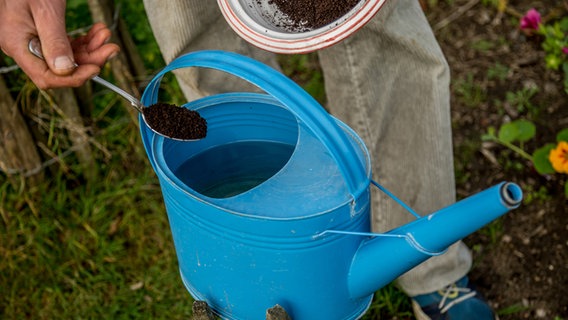
Coffee grounds neutralize calcareous irrigation water.
With very basic soil and calcareous water, a teaspoon or two of coffee grounds in the irrigation water can work wonders. It neutralizes the pH value and fertilizes the soil at the same time. Coffee grounds, on the other hand, are not well suited for watering houseplants, as mold can form over time. Mixed with water in a ratio of 1:1, but cold coffee can be used once a week to water indoor and balcony plants.
Coffee grounds improve compost and potting soil
Coffee grounds can also be put to good use in the compost. It accelerates decomposition, enriches the soil with nutrients and provides food for earthworms. To prevent mold from forming, sprinkle the coffee grounds on the surface, put the filter in separately.
Exhausted potting soil can also be improved with coffee grounds and then reused. To do this, mix the old soil with compost in equal parts and fold in the coffee grounds in small quantities. However, if there is too much coffee in the soil, mold can easily form.
Coffee grounds can protect against snails
Snails don’t like caffeine. The coffee grounds are therefore suitable as a barrier layer that can simply be sprinkled around the vegetable patch. However, this is not the case for all species. Depending on which type of snail is threatening the lettuce, it is definitely worth a try.
Further information

